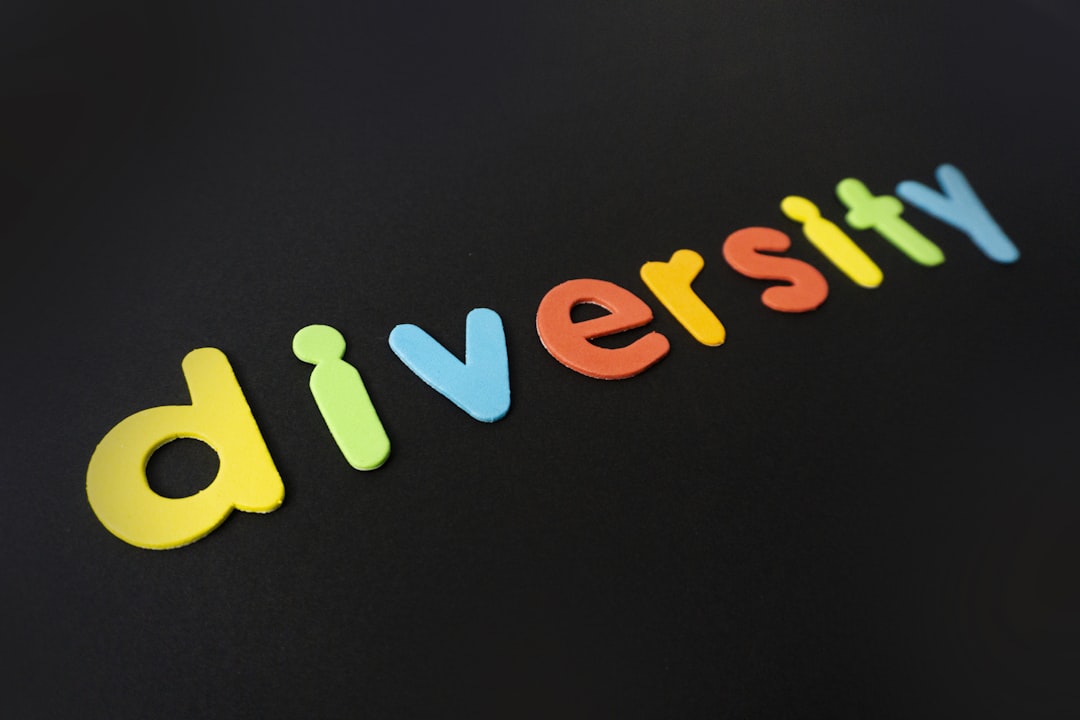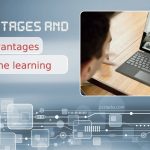In a world marked by constant change, digital disruption, and evolving workplace demands, organizations must prioritize strategies that foster both adaptability and growth. One of the most effective ways to achieve this is through personalized learning. By tailoring development pathways to individuals’ skills, experiences, and goals, companies not only enhance employee performance but also strengthen their long-term workforce resilience.
This article explores how personalized learning acts as a catalyst for workforce resilience and organizational growth, providing real and lasting benefits in today’s dynamic environment.
Table of Contents
Why Workforce Resilience Matters More Than Ever
Workforce resilience refers to an organization’s ability to adapt and thrive amid disruption. Whether facing economic uncertainty, technological transitions, or global crises, companies with a resilient workforce can maintain continuity, adjust roles, and repurpose talent with minimal disruption.
Personalized learning plays a critical role in building this resilience. Rather than employing a one-size-fits-all approach, it empowers individuals to develop the specific competencies they need to remain agile and future-ready.
The Core Benefits of Personalized Learning
When implemented effectively, personalized learning drives a number of key outcomes that contribute directly to workforce development:
- Increased Engagement: Employees are more likely to stay motivated when learning paths are aligned with their personal and professional goals.
- Accelerated Skill Development: Personalized learning cuts through irrelevant content, allowing employees to focus on the knowledge and skills they need most.
- Agility and Adaptability: With targeted learning interventions, employees are better equipped to adapt to new technologies and shifting market demands.

Enabling Continuous, Lifelong Learning
In a fast-paced economy, the concept of learning must evolve beyond traditional training sessions and seminars. Personalized learning platforms leverage technology to deliver content in real time, allow for self-paced study, and incorporate capabilities such as artificial intelligence to suggest relevant materials based on user behavior and performance.
This shift facilitates lifelong learning, a key component of resilience. Employees who continuously update their skills are less likely to become obsolete and more likely to seize new opportunities—benefiting both themselves and their employers.
Supporting Diversity and Inclusion Through Personalization
One often-overlooked advantage of personalized learning is its potential to support diversity, equity, and inclusion initiatives. Because learning experiences can be tailored to accommodate different learning styles, backgrounds, and prior knowledge, personalized platforms help level the playing field.
For example, a return-to-work parent may need a flexible schedule, while a non-native speaker might benefit from language-adjusted materials. When learning is personalized, everyone has an equal opportunity to succeed and grow.

Aligning Learning with Strategic Business Goals
Progressive organizations are using data and analytics to bridge the gap between individual development and corporate strategy. Sophisticated learning management systems (LMS) track engagement, mastery, and outcomes, enabling leadership to ensure learning initiatives directly support key objectives.
By integrating personalized learning with broader performance management systems, businesses can identify skill gaps, forecast future needs, and proactively upskill talent, all while aligning with long-term operational goals.
Real-World Impact: Case Studies in Success
Numerous organizations across industries have reported tangible results from adopting personalized learning models:
- A global tech company saw a 40% improvement in time-to-productivity for new hires after introducing AI-driven learning paths tailored to individual job roles.
- An international bank reduced employee turnover by 25% by deploying personalized development plans that empowered career progression from within.
- A healthcare network successfully retrained its administrative staff for clinical support roles during the pandemic by providing targeted, individualized learning modules.
Conclusion: Investing in a Future-Ready Workforce
As the global workplace continues to evolve, organizations must make strategic decisions that secure not only their survival but their ability to thrive. Personalized learning is a powerful tool in this pursuit. By focusing on the unique strengths and development needs of each individual, it creates a workforce that is more engaged, more adaptable, and more aligned to the challenges— and opportunities—of the future.
Ultimately, personalized learning is not just an educational strategy; it is a business necessity. Companies that embrace it will be better positioned to navigate uncertainty, foster culture resilience, and drive sustainable growth in an increasingly complex world.




